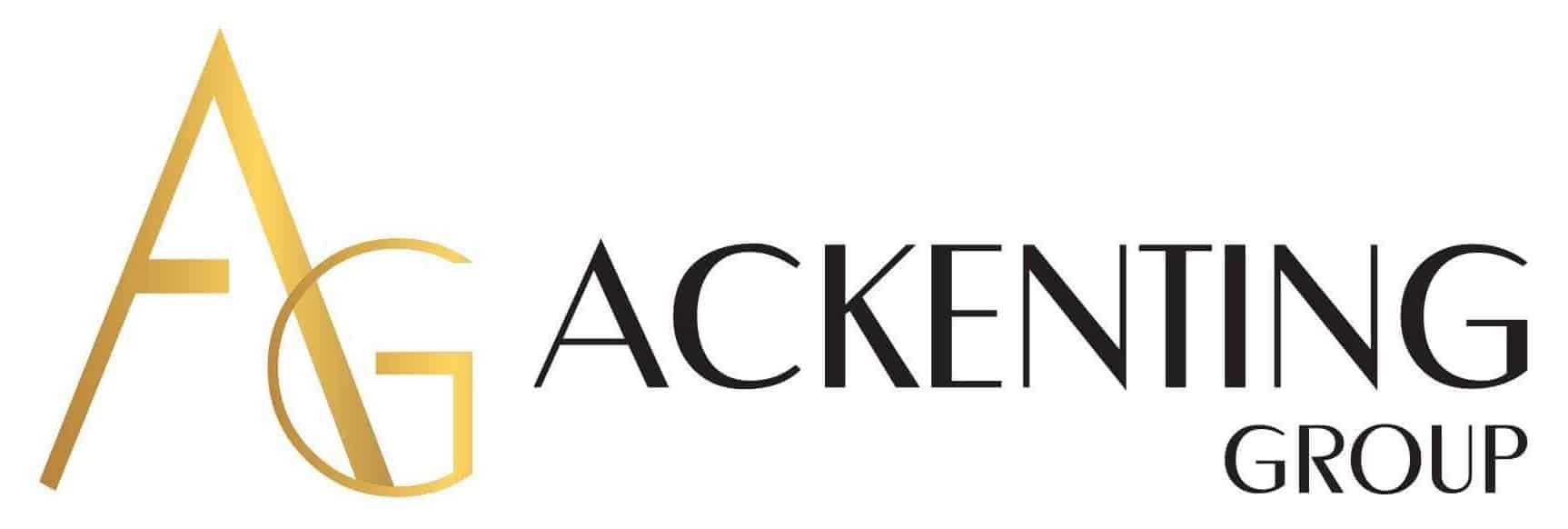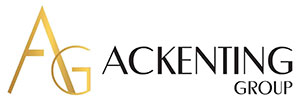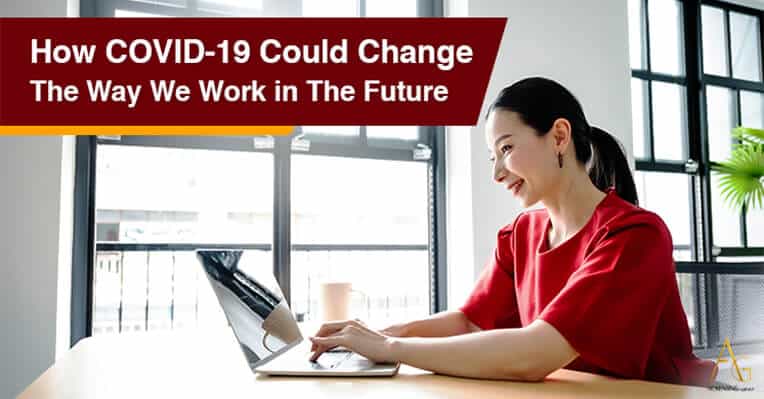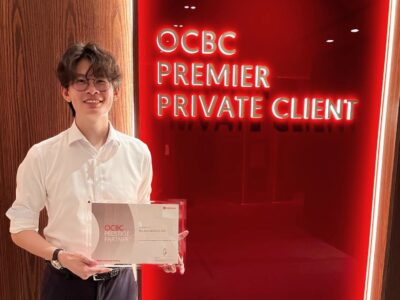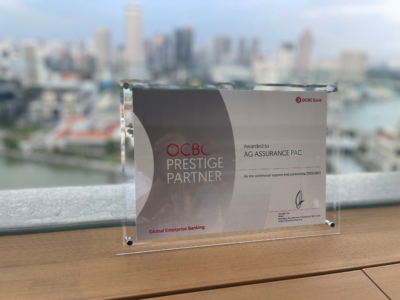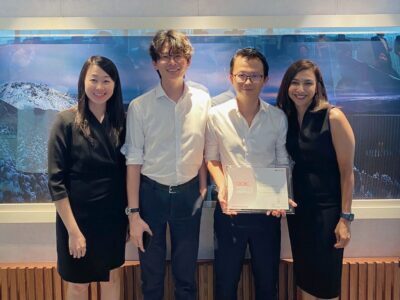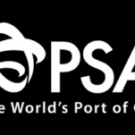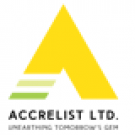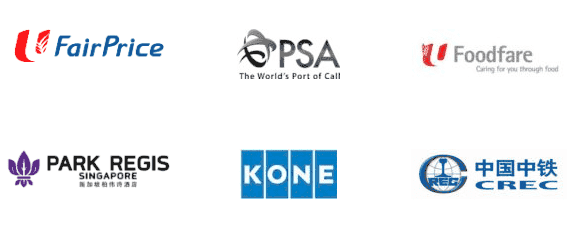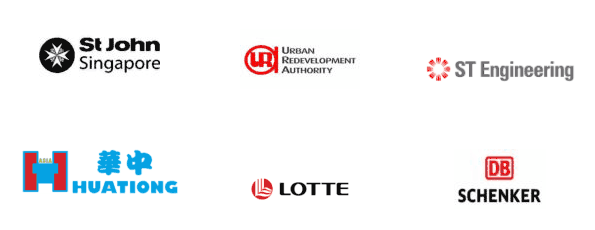Once the world has fully combated the coronavirus pandemic, it could be hard for companies to return to normal. Productivity tests and workstations would start to shift from the previous normal. However, while we return to normal, there are still benefits of the shift that we could continue to keep after the COVID-19 pandemic. Here’s how.
The typical office setting before
Many individuals work in an office setting where every individual is given a cubicle where they are expected to work and be productive. This means logging in to the office every day, or every working day for 8 to 12 hours a day.
They might have an office attire and constantly stick close to their colleagues. As such, the previous normal can be seen as a focus on how spaces were maximised so that companies are able to employ more and more people.
The shift
The novel coronavirus has started shifting everything. From the way that we all work to the way that our productivity is counter checked, we can expect a significant shift. However, some work might continue to remain for the better. For instance, if you are currently outsourcing accounting and bookkeeping services to an accounting firm in Singapore, like Ackenting Group, we can ensure that your financial levels are up to speed and is ready to aid your business. We provide the tools and essential resources to make the shift easier for your company while forecasting your finances early.
The truth is that it will be hard to go back to the previous normal. It is necessary to make significant changes to prevent a future outbreak. But, with the current pandemic gone, how does the new normal look like?
Our new normal
Our new normal could be as simple as the implementations below.
- Spaces will no longer be crammed. Social distancing protocols must be in place to prevent a new pandemic from taking control.
- Personal Contact Meetings will be minimised. If there is one thing that everybody realised in this pandemic, it is the fact that some meetings can be converted into an email. Personal contact meetings will be minimised, and unless necessary, video conferencing will become the new norm.
- The digital age of working is also going to take over. If there are situations that can be done online, then companies would lean towards online and digital solutions.
- The importance of advancements and technology has found no better friend than it has today. Strong network security systems and internet providers are necessary to ensure that productivity is kept at a good phase.
How can your company adjust?
Finding the right help is essential when adjusting to a new normal. For example, our financial experts at Ackenting Group are ready to ensure that your company receives the right financial solutions to tide over the new normal. No longer is it just about adapting to circumstances as your company would require better flexibility and scalability, and we can assist your business in making the proper adjustments.
The new normal could be working at your home office, where your clients send you their needs and productivity is tracked through reports. Thankfully, with outsources services like audit firms in Singapore, you can maintain productivity in your business operations. Ackenting Group to assist in making that transition with you, so your company can stay on top of your financial reporting and obligations.
If you require any assistance on accounting services, feel free to drop us an email at johnwoo@ag-singapore.com or contact us at +65-66358767. At Ackenting Group, we offer a complimentary 30 minutes online consultation for us to better understand your business requirements.
